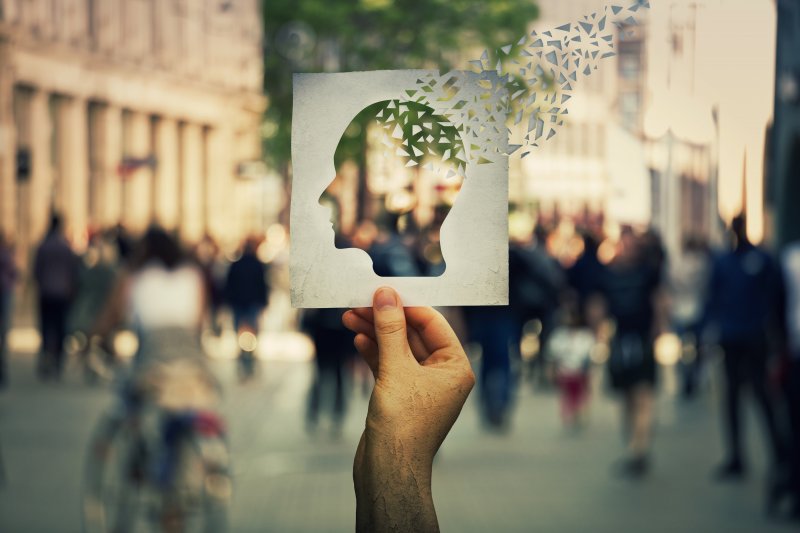
It’s been long understood that sleep is needed for our brains to properly function. It helps us store memories, and supports our ability to learn, and maintains our emotional competency. But how exactly does the connection between sleep and our brains, particularly memory storing, association, and the feelings surrounding our memories, work? Could sleep apnea interfere with this?
The short answer? Yes.
Diving Deeper
One study performed by the University of Michigan sought to answer these questions. The research team’s goal was to learn more about how memories are associated with specific sensory events.
In order to monitor how information is stored, the researchers exposed mice to a visual stimulus and then associated that visual stimulus with a shock on the foot, establishing fear. Then comes the key to this locked door: sleep.
The researchers found that when sleep in the mice was disrupted, they no longer associated the visual stimulus with fear, but when they experienced uninterrupted sleep, they did show fear to the stimulus.
This indicates that disrupted sleep may cause the brain to not properly process emotions, leading to individuals not fully associating a memory with an emotional response.
Sleep Apnea & Sleep Disruption
As the study’s team found, sleep disruption can severely impact our ability to connect emotions to memories. One of the main characteristics of sleep disorders is that they disrupt sleep. Sleep apnea, in particular, can disrupt sleep up to 400 times in a single night.
The severity of a person’s sleep apnea is measured by AHI (apnea-hypopnea index). Apneas are the number of times a person stops breathing throughout the night. According to the American Sleep Apnea Association, an AHI under 5 is considered normal—anything above is classified as sleep apnea and can fall into a severity that ranges from mild to moderate to severe.
The fact that the researchers also connected sleep disruption’s negative impact on PTSD and anxiety only further strengthens the already existing findings between sleep apnea and mental distress. Some other indications of this connection include findings like:
- 46% of people with sleep apnea also show signs of depression
- 54% of people with sleep apnea suffer from a degree of anxiety
- Out of 44 victims of crime, 91% suffered from sleep apnea
What Can Be Done
Receiving treatment for sleep apnea can help patients overcome associated physical and mental ailments. In fact, CPAP treatment has been shown to improve depression that’s triggered by sleep apnea. The truth is, though, that many patients have an aversion to CPAP therapy. According to a 2008 study, 46% of patients who received a prescription for CPAP either stopped their therapy after 10-15.5 months or never even started.
Thankfully, there is a comfortable, effective, and simple alternative to CPAP: oral appliance therapy. For this, all a patient has to do is wear a specially designed mouthguard to bed each night. The guard gently shifts the jaw in a way that ensures the airway stays open, leading to deep and restful sleep. Patient compliance with the oral appliance is significantly higher compared to CPAP therapy, as the appliances are small, easy to use, and quiet.
What to Do Next
If you or a loved one are experiencing the telltale signs of sleep apnea (loud snoring every night, chronic exhaustion, mental fog/mood swings), then the first step toward getting the right treatment is to undergo a screening from a professional. You can schedule one at Sleep Better Georgia by clicking here. Afterward, our office can arrange for a sleep test, which is necessary to officially diagnose someone with sleep apnea.
Every day, our practice helps people get their sleep under control, which not only helps keep their memories sharp but also ensures they’ll be around to make many more pleasant memories in the future!
